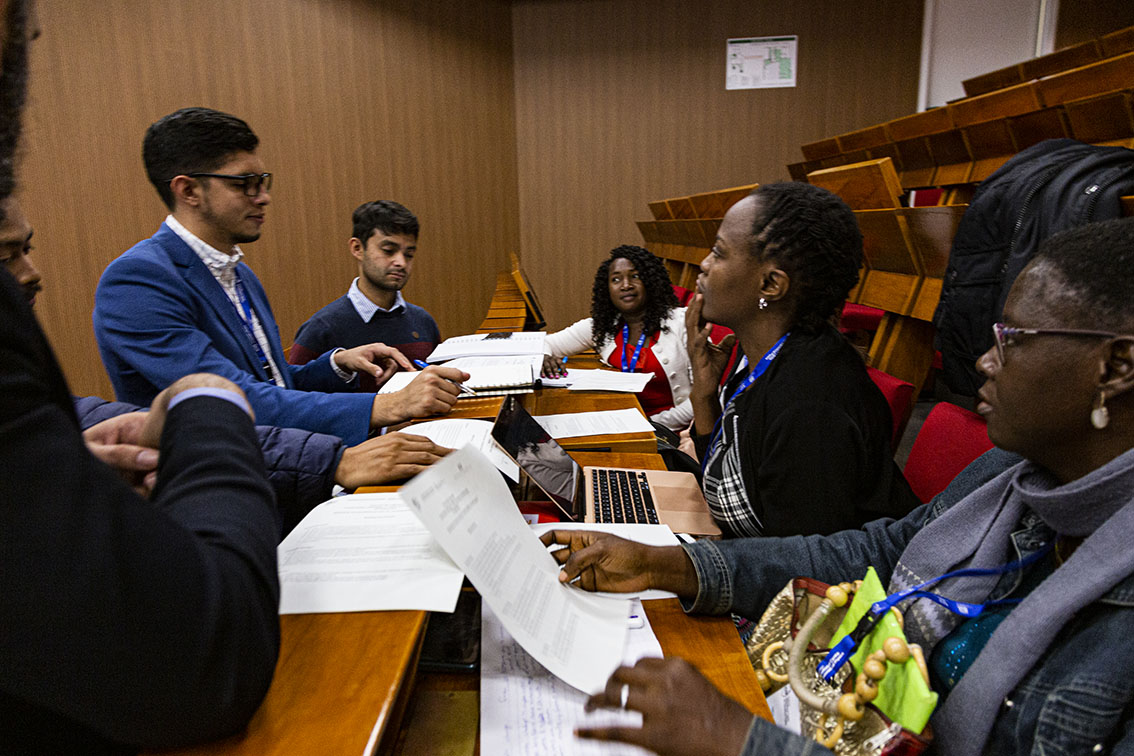 With the close of the first-ever Ernesto Illy Colloquia, participants from the global South said they not only found themselves equipped with the knowledge to provide motion toward sustainable coffee production, but a community of like-minded people.
With the close of the first-ever Ernesto Illy Colloquia, participants from the global South said they not only found themselves equipped with the knowledge to provide motion toward sustainable coffee production, but a community of like-minded people.
“These kinds of events are really important because they help us to connect and to refresh our knowledge,” said participant Julio Alvarado Quintana of El Salvador, who is a research technician with the World Coffee Research Breeding Programme, during a round table concluding the event on 29 September.
The first-of-its-kind Colloquia, designed to examine ways to make coffee-growing sustainable on a global scale, were the result of a collaboration between the Ernesto Illy Foundation and UNESCO-TWAS—and four more such events are planned so that participants can follow up on their progress and continually form new collaborations. Participants in the Colloquia included 20 coffee researchers from developing countries selected by TWAS, and the 22 students pursuing the Ernesto Illy Foundation's Master Degree in Economics and Science of Coffee—a unique course that combines online teaching with a month-long residency and in-person lessons in Trieste, Italy, the city where both TWAS and illycaffè S.p.A. are based. These participants were then sorted into five break-out groups, each guided by one of the event’s experts, to examine and draw conclusions on the future of coffee production.
On the final day of the Colloquia, the groups offered presentations on their findings, and heard final lectures from distinguished speakers: illycaffè S.p.A. Chair Andrea Illy, TWAS Fellow and Ohio State University soil scientist Rattan Lal, and world-renowned sustainability expert Jeffrey Sachs of the United States. The Colloquia then concluded with a round table that brought together representatives of each of the five break-out groups as they discussed the meaning of the event, and what the next steps could be to ensure the sustainability of the coffee industry.
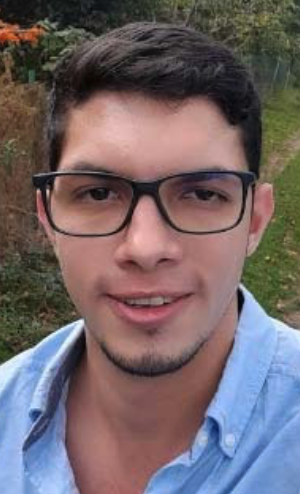 Alvarado Quintana noted that he was glad to interact with so many fellow researchers who share similar concerns about coffee growing and climate change. “I’m happy to go back home and take with me the feeling that we are all facing similar problems in our productive systems—in our coffee growing, and in the environment,” he said.
Alvarado Quintana noted that he was glad to interact with so many fellow researchers who share similar concerns about coffee growing and climate change. “I’m happy to go back home and take with me the feeling that we are all facing similar problems in our productive systems—in our coffee growing, and in the environment,” he said.
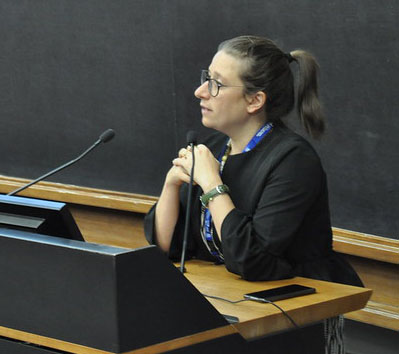
Leslie Nanne Lippmann, an Illy Master Degree student from Guatemala whose family owns a coffee plantation there, agreed. During the round table, she noted that the diverse break-out groups at the Colloquia showed her that everyone is responsible for their role in the coffee-production value chain, even down to the purchases that everyone makes at the supermarket, which she called a “silent vote on what we would like this world to look like.”
“For some time I was worried, thinking there are very few people who are actually trying to do something,” Nanne Lippmann added. “So it was a breath of fresh air for me to hear the speech from Andrea Illy, and realize that there are people in important positions who can mobilize people, and mobilize ideas in the world in order to nudge it towards a brighter future.”
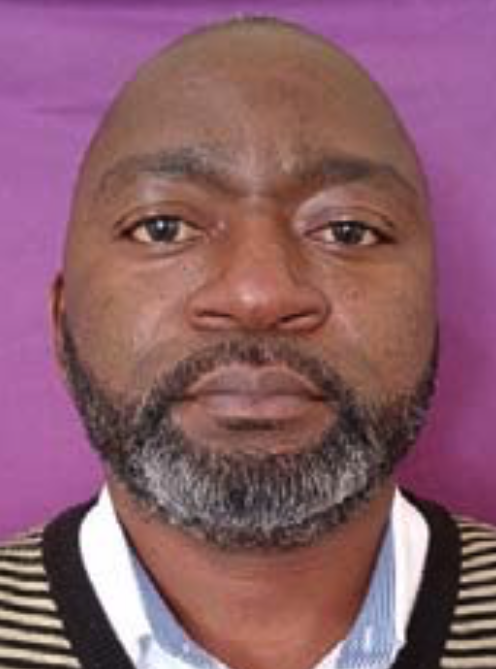 After the round table, participants were still abuzz with ideas from the conference. One participant, Nathan Aliel Kachiguma, an agricultural scientist with Lunyangwa Agricultural Research Station in Malawi, said he was thankful for the chance to attend, as it was an opportunity to hear a diverse array of experts across the industry—from geneticists, to soil scientists, to coffee industry leaders.
After the round table, participants were still abuzz with ideas from the conference. One participant, Nathan Aliel Kachiguma, an agricultural scientist with Lunyangwa Agricultural Research Station in Malawi, said he was thankful for the chance to attend, as it was an opportunity to hear a diverse array of experts across the industry—from geneticists, to soil scientists, to coffee industry leaders.
“I think there’s a need for more action points after the fruitful discussions during the colloquia. We as individuals, we are ambassadors now. We need to take action now on the ground,” said Kachiguma. “Now, it’s time for me to go back and share the knowledge that I’ve learned here with my colleagues. I think this is a very good initiative and I look forward to more.”
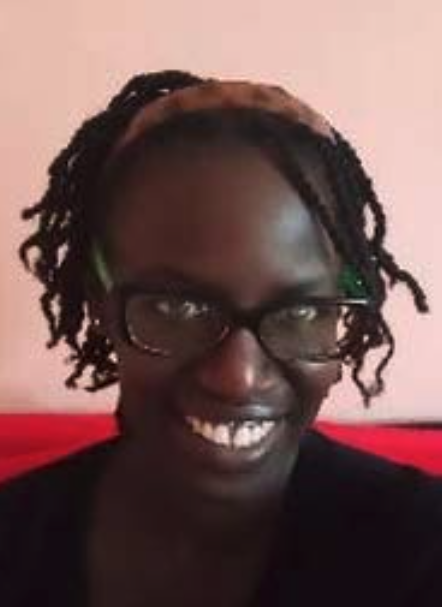 The event usefully highlighted the disparities between countries that produce coffee, and those that do not, observed participant Daphne Nyachaki Bitalo, a researcher and geneticist at the National Coffee Research Institute in Uganda. She also said that she had engaged in discussions to expand the involvement of women in coffee industry research, including strengthening chapters of the International Women's Coffee Alliance.
The event usefully highlighted the disparities between countries that produce coffee, and those that do not, observed participant Daphne Nyachaki Bitalo, a researcher and geneticist at the National Coffee Research Institute in Uganda. She also said that she had engaged in discussions to expand the involvement of women in coffee industry research, including strengthening chapters of the International Women's Coffee Alliance.
“I was speaking to one of the women from Indonesia, and she was saying their chapter is a bit silent, and some of the countries were saying they don’t have a chapter,” said Bitalo. “So we’re liaising with each other to try to get everyone on board to have such chapters and bridge that gender gap.”
In the long term, it will be up to these young scholars to set the priorities and form the collaborations that can reshape coffee production. In the meantime, the four remaining Illy-TWAS events in the years to come will play a role in facilitating these new efforts, as they emerge and innovate their way to a more sustainable future.
Sean Treacy

